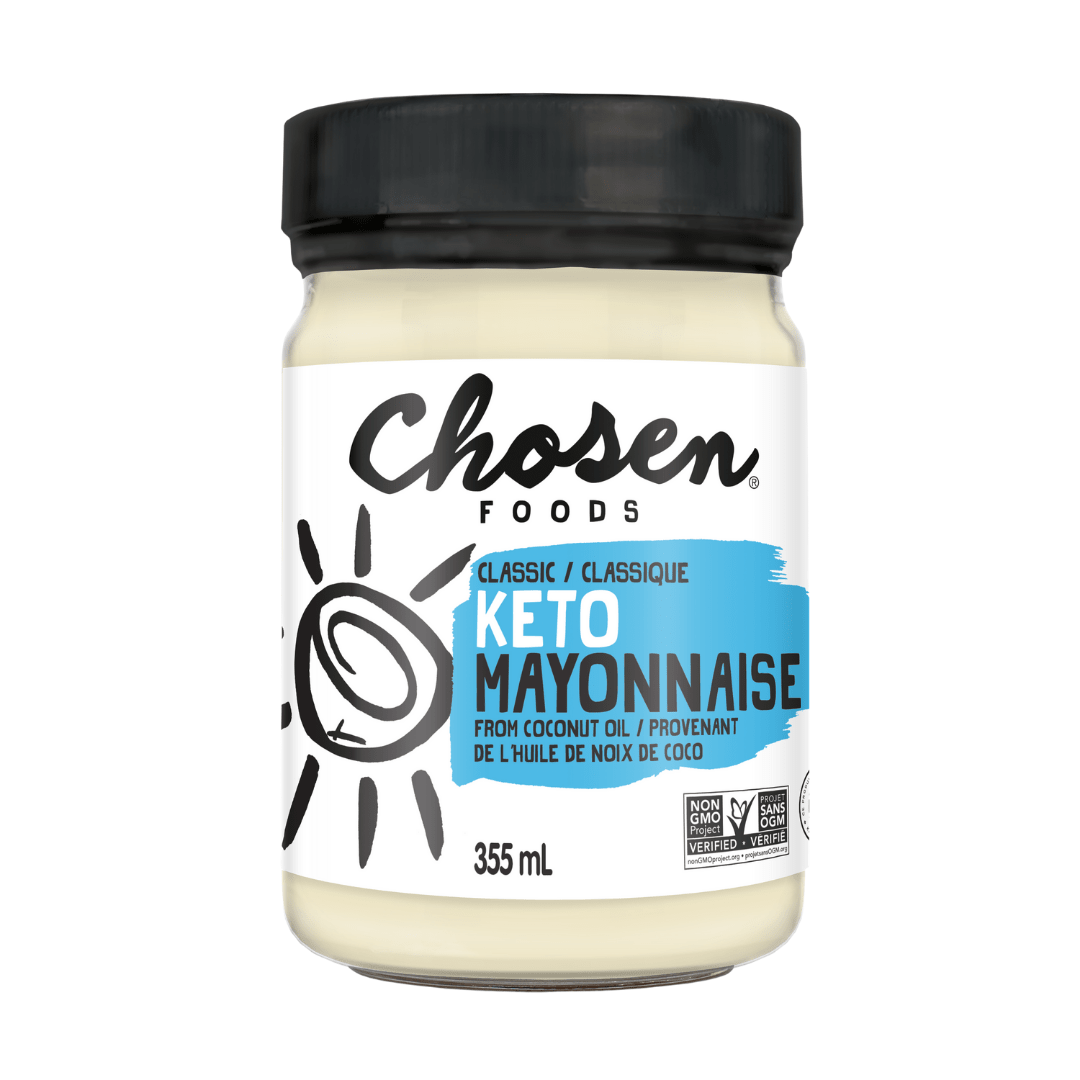Introduction to Zero Sugar vs. Diet Drinks
In today's health-conscious world, the choices between zero sugar and diet drinks have become a hot topic for many consumers. Understanding these options can empower you in your quest for healthier beverage choices. Both zero sugar and diet drinks offer alternatives to sugary soft drinks, often marketed as low-calorie or zero-calorie options. With the 2025 beverage industry trends focusing strongly on health and wellness, making informed decisions has never been more critical.
This article aims to clarify the differences between zero sugar and diet drinks, explore the various sweeteners available, and discuss their potential health benefits and implications for weight management. As consumers, understanding ingredient labels, nutritional values, and how these beverages align with a healthy lifestyle can enhance your beverage consumption habits and overall well-being.
By the end of this guide, you will have a clearer understanding of how to make mindful drinking decisions, the common myths surrounding sugar substitutes, and how these drinks can fit into your nutrition plans and fitness goals.
Clarifying Terms: Zero Sugar vs. Diet Drinks
Before diving deeper into the differences, it’s crucial to define what we mean by zero sugar and diet drinks. Although both are often seen as similar due to their low-calorie content, they have distinct characteristics. Zero sugar drinks contain no sugar at all, relying instead on artificial sweeteners or sugar substitutes to create a sweet taste without the calories associated with sugar. Meanwhile, diet drinks may contain some form of sugar but use sweeteners to reduce their overall calorie count.
Understanding these basic definitions can help clarify consumer preferences and guide you towards healthier options, depending on your dietary restrictions and personal taste preferences. For instance, beverages labeled with "no added sugar" signal that they don’t contain any sugar that was not naturally present in their ingredients or formulated through sweeteners. This distinction can be vital for those on low-sugar diets or trying to manage their sugar intake effectively.
Additionally, we must consider how ingredients affect hydration. Particularly during hot weather or post-exercise, finding thirst-quenching, low-calorie beverages can support your hydration strategies. Therefore, choosing between zero sugar and diet drinks goes beyond mere calorie counts; it involves a well-rounded understanding of their nutritional values and how they align with your health goals.
Understanding Sweeteners and Sugar Substitutes
One of the main components of zero sugar and diet drinks is the sweeteners used to replace traditional sugar. The beverage industry has seen a surge in the development and marketing of sugar substitutes such as aspartame, stevia, erythritol, and monk fruit. Each sweetener comes with its pros and cons regarding safety, taste, and potential health effects.
Artificial sweeteners like aspartame have been widely studied, with mixed results regarding their impact on health. While some research indicates they are safe for consumption, others suggest they could lead to increased sugar cravings or other metabolic issues. Natural sweeteners, such as stevia and monk fruit, may offer a healthier alternative for those concerned about artificial additives and their potential health risks.
Hydration options like flavored water are also benefiting from these sweeteners, providing taste satisfaction without the extra calories. Exploring these alternatives can help you navigate the vast array of choices available in modern beverage marketing. However, consumers should remain aware of ingredient transparency and label accuracy in sweetening agents to make informed decisions.
Health Benefits and Risks of Zero Sugar and Diet Drinks
Investigating the health benefits of zero sugar and diet drinks is crucial, especially for individuals looking to manage their weight or those with dietary restrictions. These beverages can offer refreshing drinks that help people reduce their overall sugar intake, potentially lowering the risk of sugar-related diseases such as diabetes and cardiovascular issues.
However, it’s essential to weigh the potential risks associated with regular consumption of artificially sweetened products. Some studies have suggested that while these drinks may aid in calorie reduction and weight maintenance, they could also cause shifts in metabolic health or lead to dietary habits that promote unhealthy cravings. Mindful eating and drinking, therefore, become critical strategies for those looking to enjoy these beverages responsibly.
For instance, individuals with specific health conditions like diabetes should pay close attention to the types of sweeteners used, focusing on low-glycemic index options when selecting zero-sugar beverages. Recognizing the nutritional value and ingredient safety in beverage choices will aid in long-term health management and weight control, making it crucial to educate oneself on these topics.
Taste Comparison: What Do Consumers Prefer?
When discussing zero sugar vs. diet drinks, taste perception plays a pivotal role in consumer choices. Taste testing across various brands often reveals a preference for more natural sweet taste profiles, particularly as health awareness rises. This consumer trend has prompted beverage companies to formulate drinks that utilize new flavor enhancement techniques and sweeteners aiming for greater acceptance.
While some consumers may enjoy the distinct tastes offered by certain artificial sweeteners, potential aftertastes can deter others from regular consumption. The key takeaway in taste comparison is that preferences will vary significantly among individuals. Factors such as brand loyalty, prior experiences with beverages, and personal health goals play critical roles in shaping these taste preferences.
As you explore options for refreshing drinks, focus on brand transparency and the sensory evaluation of different products. Make it a point to try small samples of various flavored options before making a purchase, allowing you to find the beverage that best satisfies both your taste and health needs.
Trends in the Beverage Industry for 2025
Looking ahead to 2025, the beverage industry is set to evolve rapidly in response to changing consumer desires for healthier and safer products. The concept of mindful drinking is reshaping beverage marketing as consumers increasingly seek low-calorie, nutrient-dense options. The trend toward transparency means brands will need to be clear about their ingredients and how they fit into daily intake guidelines to maintain consumer trust.
Additionally, the rise of naturally flavored, low-sugar beverages presents a critical shift in consumer behavior. With a focus on fitness nutrition and wellness trends, manufacturers are likely to output more zero-calorie options that fit a broad range of dietary patterns and consumer health goals. How these beverages impact consumer behavior towards weight management and healthy lifestyle will be vital to watch.
Finally, as sustainability continues to be a relevant topic, eco-friendly packaging, along with a reduction in sugar consumption across the board, will likely influence future beverage trends. This will challenge brands to create functional beverages that meet both health and environmental standards, catering to a new wave of health-conscious consumers.
Q&A: Common Questions About Zero Sugar and Diet Drinks
What is the main difference between zero sugar and diet drinks?
The primary difference lies in their formulation; zero sugar drinks contain no sugar molecules, while diet drinks often have some sugar but rely on sweeteners to lower calorie content.
Are artificial sweeteners safe to consume?
Research on artificial sweeteners is mixed; most are deemed safe for the general population, but individual reactions can vary. Monitoring personal responses to these beverages is advised.
How do these drinks affect hydration and performance during exercise?
Choosing the right zero-sugar or diet drink can boost hydration, especially post-exercise. Look for options that also provide electrolytes for optimal performance.
Can these beverages help with weight management?
Diet drinks may contribute to calorie control and weight management when consumed mindfully as part of a balanced diet.
Are there alternatives if I don't want to consume artificial sweeteners?
Yes! Natural sweeteners and flavored waters are great alternatives for those avoiding artificial ingredients while still looking for great taste.

Conclusion
Ultimately, understanding the differences between zero sugar and diet drinks is crucial for making informed beverage choices. From recognizing the types of sweeteners used to considering the potential health benefits and drawbacks, consumer awareness in 2025 will continue to shape our beverage consumption patterns. As trends evolve, adapting to health-conscious choices and staying informed about ingredient transparency will serve you well in various areas of your life, from hydration strategies to weight management goals.
Remember, the best beverage choices align with your personal preferences, dietary restrictions, and health objectives. By making mindful decisions and educating yourself about the beverages available, you can take proactive steps towards a healthier lifestyle.

